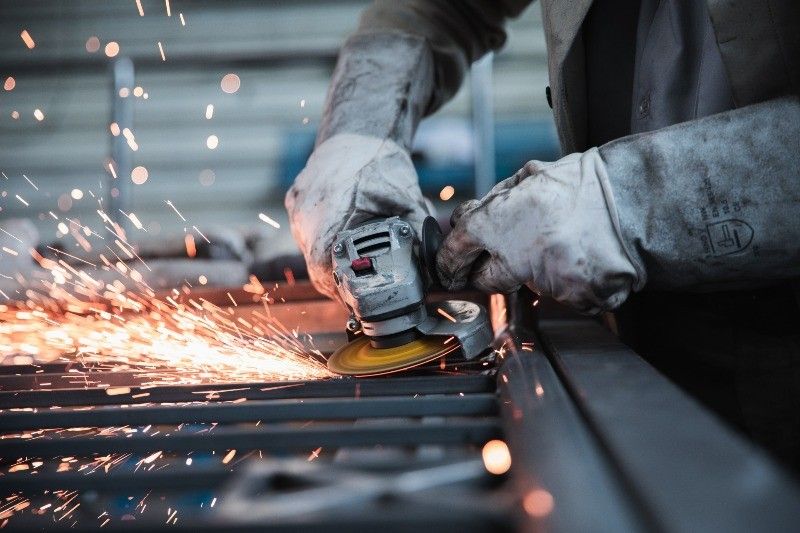Factory output posts modest expansion in October as inflation bites

MANILA, Philippines — Local factory output eked out moderate expansion in October despite growing demand as inflationary pressures continued to burden firms.
A survey of around 400 manufacturers in the country found that the Philippines’ Purchasing Managers’ Index (PMI), a gauge of manufacturing output, softened to 52.6 in October from 52.9 in September, S&P Global said in a report on Wednesday.
The latest reading settled above the 50-benchmark separating growth from contraction. S&P explained that the decline in the October PMI was “modest overall,” although this was a slower improvement and proved higher than the series average of 51.8.
“The latest PMI data revealed yet another round of expansion across the Filipino manufacturing sector. Demand conditions continued to improve, resulting in a further rise in output and new business placed at good producers,” said Maryam Baluch, economist at S&P Global Market Intelligence, said in a commentary.
Baluch noted that the reading in October also signaled firms’ interest to keep boosting its workforce and buying activity. However, inflation concerns continued to run high within the manufacturing sector, since she noted that “anecdotal evidence noted shipping delays, bad weather and congestion continued to hamper production.”
The latest PMI report showed that new overseas orders posted the sharpest pace of decline that started in March.
As it is, inflation is expected to slow down in the coming as the Bangko Sentral ng Pilipinas said in its monthly inflation projection. The prices of consumer goods and services rose to 6.9% year-on-year in September amid expensive fuel prices, supply-chain disruptions and a weak peso.
READ: BSP sees inflation's peak in October, likely offering a reprieve
For Domini Velasquez, chief economist at China Banking Corp., last month’s reading was still welcome news.
“It seems that increasing demand is outweighing higher costs of doing business brought about by an increase in prices of raw materials, borrowing costs, and labor costs. This speaks positively of the resilience of domestic demand as it continues to hold up despite high inflation since April,” she said in a Viber message.
S&P Global reckoned that the manufacturing sector benefitted from new sales flowing in. This resulted in firms hiring more workers, with employment rising for the sixth straight month, and increasing input purchases to support production.
Likewise, the rising inflation trend has not pushed local manufacturing firms to sharply raise their selling prices to keep pace. Input prices grew at a quicker rate but firms are increasing charges at a slower pace, survey results showed.
“Given relatively good readings, especially in the past 3 months, we think that the manufacturing sector will grow modestly until 2023 instead of decline. This is despite domestic and external challenges” Velasquez added.
- Latest
- Trending


























